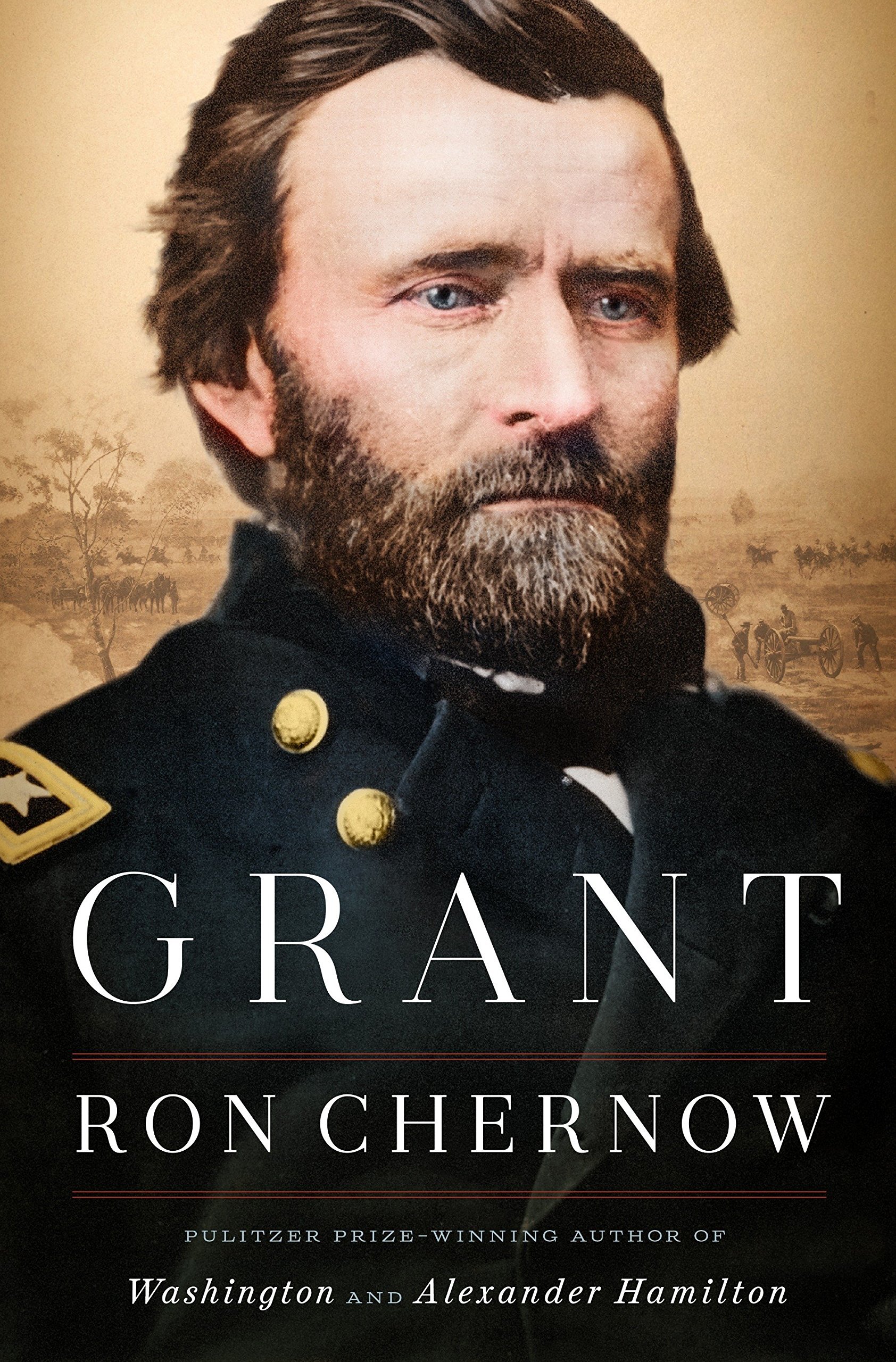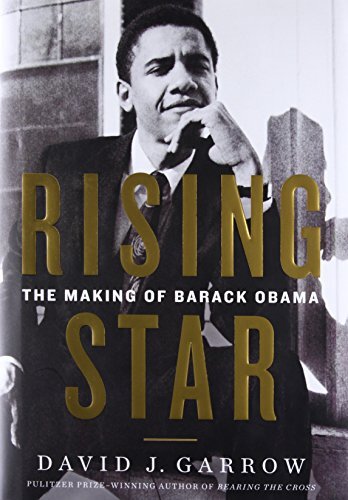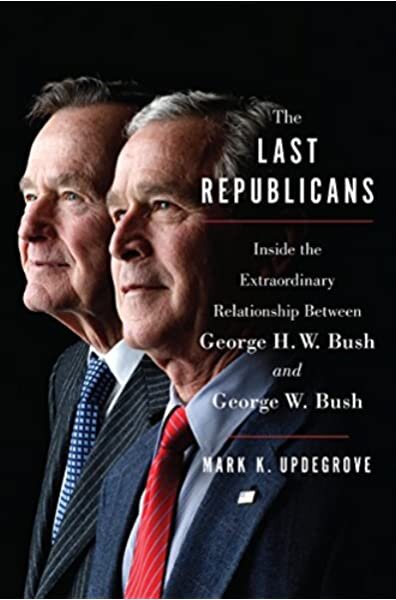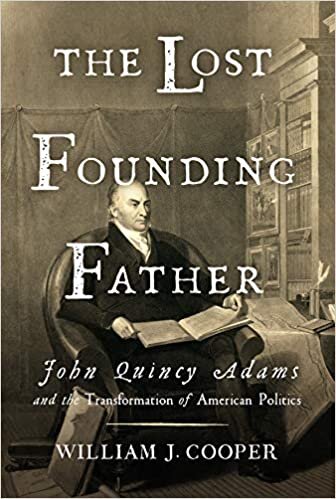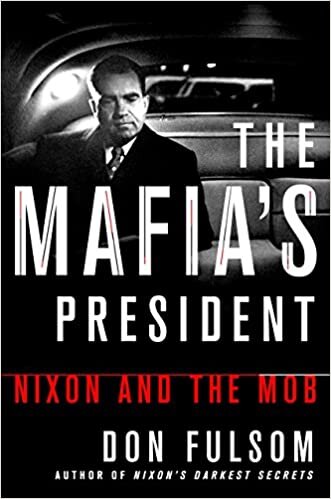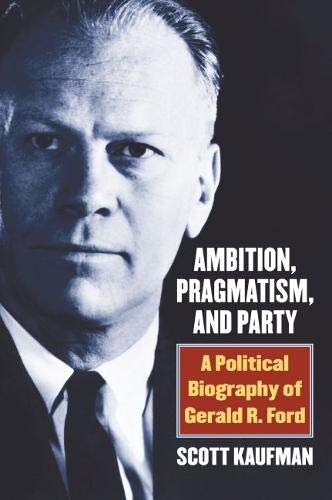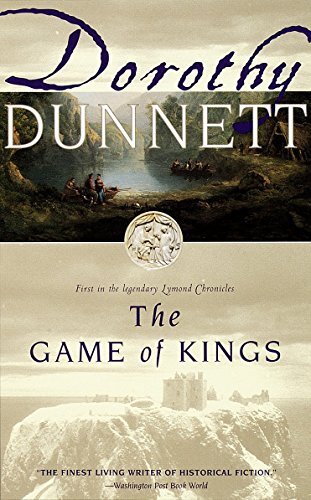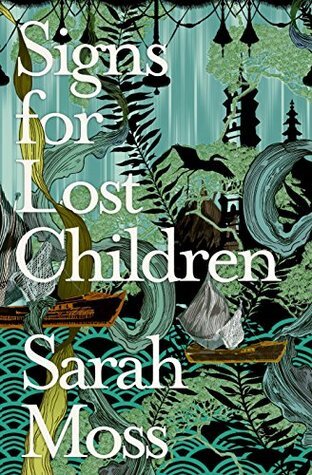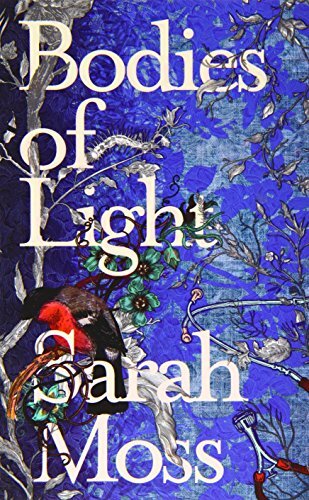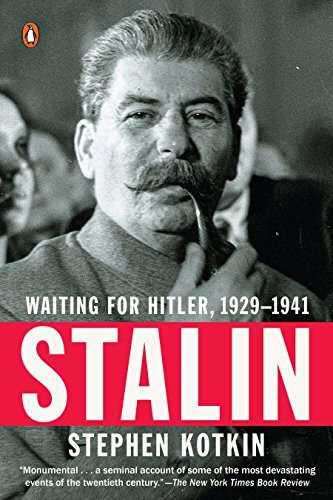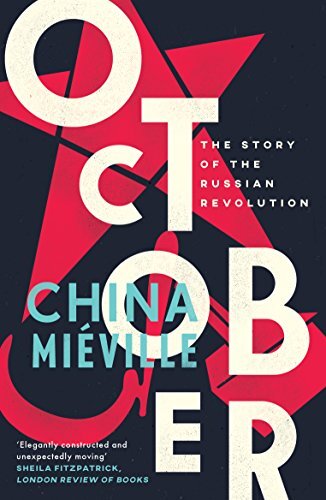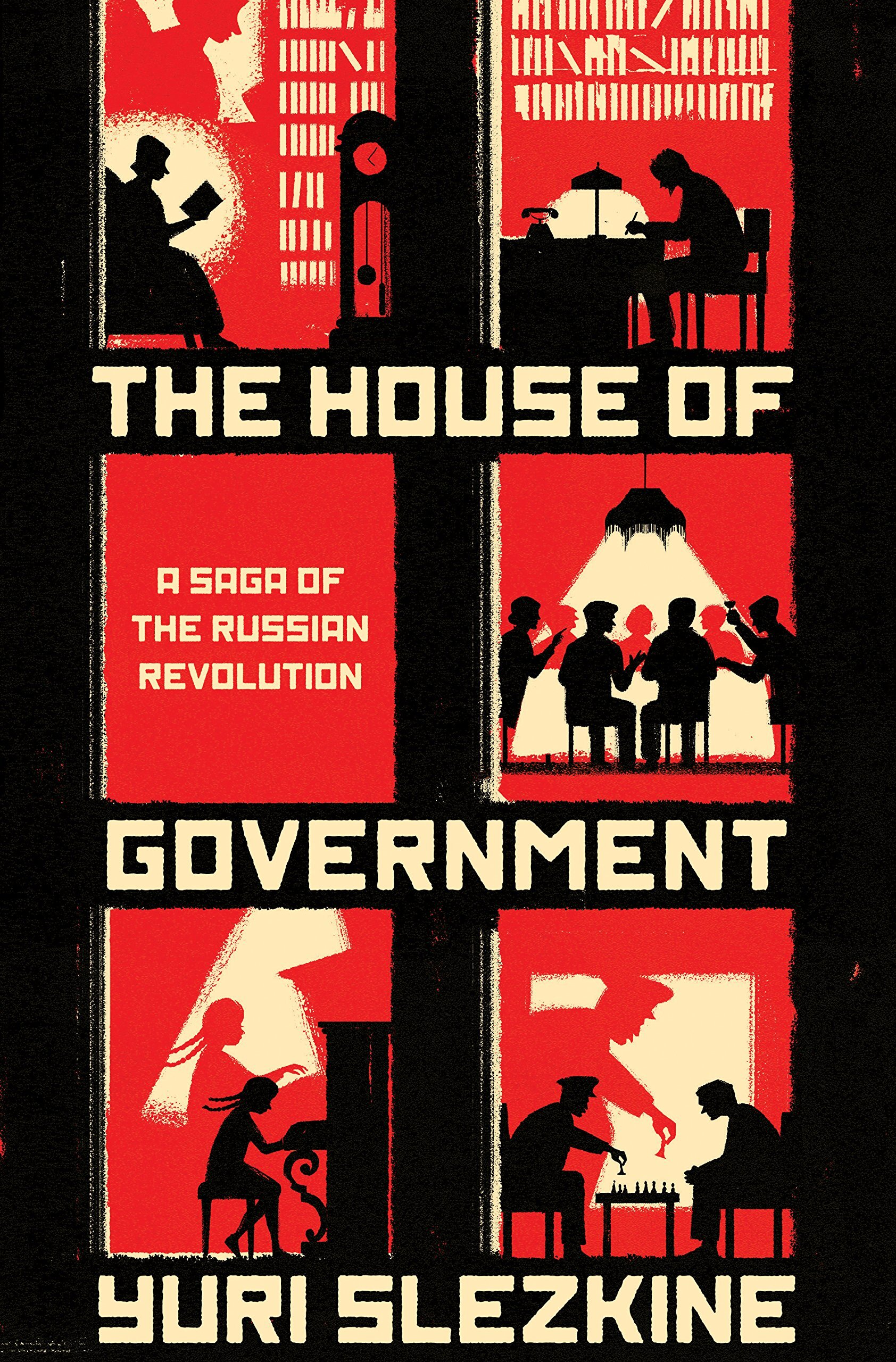Our Year in Reading 2017
/After more than ten years of long-form writing about books and the arts, Open Letters Monthly will end its run this month with the December 2017 issue. We're proud of our contributors and grateful to you, our readers. OLM was born "dedicated to the proposition that no writing which reviews the arts should be boring, back-patting, soft-pedaling, or personally compromised," and we aimed for the ideal review, "one that combined an informed, accessible examination of its quarry with gamesome, intelligent, and even funny commentary." We hope you found that here.
Starting on January 1, many of our editors and contributors will be bringing you Open Letters Review, which will continue the tradition of lively and challenging book reviews and arts commentary that Open Letters Monthly championed for so long, and you'll find the rest of us elsewhere, reviewing books, composing essays, and writing novels. We hope you'll follow us to these new venues, and we look forward to seeing you again.
And now, please enjoy our final feature, OLM’s Year in Reading for 2017.
Greg Waldmann, Editor in Chief
I came to Gore Vidal for the insults and stayed for the prose. Like a lot of young critics I believed in definition by negation, thinking, during bouts of self-satisfaction at one of my labored-over barbs, that I would climb up the professional ladder by mastering the art of the takedown. I grew out of this nonsense eventually, and with it I thought I grew out of my Vidal worship. I still came back for that gorgeous style, and though his wit still tickled, I grew uneasy at the apparent ease and frequency with which he made categorical judgments, be they about the state of the novel, the worth of a writer I admired, or the forces behind America politics. I admired his style but I also distrusted it, and besides, he had said a lot of silly things after 9/11.
This year I’ve found myself doing more rereading than usual – it’s a coping mechanism, is my lame excuse, a way of getting by in Donald Trump’s America – and of all the books I’ve returned to none have made a larger reimpression than United States, a massive, 1,300-page collection of essays spanning forty years of incidental writing. There, on page 12, was the subtlety and humility I’d missed before. A critic, Vidal writes,
is a man dealing with the private vision of another, with a substance as elusive and amorphous as life itself. To pretend that there are absolutes is necessary in making relative judgments (Faulkner writes better than Taylor Caldwell), but to believe that there are absolutes and to order one’s judgments accordingly is folly and disastrous…. By the nature of his own process [the critic] is eventually forced, often inadvertently, to accept as absolute those conditions for analysis which he has only tentatively proposed.
Vidal wrote those words in 1953, and though I continue to believe he moved too far away from their wisdom as he aged – I lost count of the number of times he would grouch half-convincingly about the morbid state of literature, for paragraphs or pages even, before an essay gets going – they freed me to enjoy his other qualities.
There is still that cutting wit. Vidal had an uncanny ability to diminish his victims, reducing the Beats to foolish children – “They were not even alienated. They just went. And felt. Then as swiftly as they appeared, they vanished; nothing but a whiff of marijuana upon the air to mark their exuberant passage.” – or shrinking Norman Mailer to a wasted talent stunted by his priapic obsessions:
Mailer is forever shouting at us that he is about to tell us something we must know or has just told us something revelatory and we failed to hear him or that he will, God grant his poor abused brain and body just one more change, get through to us so that we will know. Actually, when he does approach a point he shifts into a swelling, throbbing rhetoric which is not easy to read but usually has something to do with love and sex and the horror of our age and the connection which must be made between time and sex (the image this bit of rhetoric suggest to me is a limitless gray sea of time with a human phallus desperately poking at the corner of it).
This isn’t just funny: it’s accurate, too. Vidal returns often to the dulling effect male machismo inflicts on American art, resulting in novels where “women figure only as interlocutors of some agonized Man, awash with testosterone, as he tries to do and be what a man must do and be in spite of women.” Likewise he is apposite on the obscure pretensions, held by some literary theorists, of making art that would not only reflect but shape the atomized twentieth century: “There is not much likelihood that Robbe-Grillet will be able to reinvent man as a result of his exercises in prose. Rather he himself is in the process of being reinvented (along with the rest of us) by the new world in which we are living.”
I think what I blew past on my second run through these essays was the ability on display here. Vidal’s penchant for generalization is more feature than bug because he has the talent necessary to make his point felt, rather than just understood. He complains in one essay of sloppy writers who employ words for “transient emotive effects, never meaning,” not because he was a literalist but because he knew the former was necessary to make the latter useful.
And in my earlier encounters with this writing I hardly noticed that Vidal can be quite tender at times. Reflecting on Edmund Wilson’s diaries, he finds that
Wilson’s record of conversations and attitudes haunt a survivor in much the same way that the background of a Thirties movie will reverse time, making it possible to see again a People’s Drug store (golden lettering), straw hats, squared-off cars, and the actual light that encompassed one as a child, the very same light that all those who are now dead saw then.
This master of words was well-aware of their limitations. For a time I fretted over my obsession with style, and that made me suspicious about the ease with which Vidal employed his gifts. But he recognized that content was useless without adequate form, and he had the talent to make each half of that equation worthy of the other. On the not infrequent occasions when he perfected that alchemy, there were none better.
Sam Sacks, Founding Editor
The oldest depiction of an authentic bookshop that I know of is a detail on a 12th-century scroll painting called Spring Festival on the River, by Chang Tse-tuan. At his booth in an open marketplace, a bookseller stands at attention behind a counter and in front of a shelf of texts (the Chinese already had movable-type printing by this point). He has two customers, who are perusing would-be purchases with their backs to the viewer. The bookseller wears a small smile, friendly and relaxed if also a little bit lofty. He is completely in his element.
The joy of the image is its immediate, utterly disarming familiarity. Travel the globe today and you can find variations on the mise-en-scène everywhere you go. Bookstores are magical less for their ability to surprise than in their sacred consistency. They connect us to the past and they ground us in the present.
When I visit a new city I get my bearings by going to the first bookstore I can find. So fundamental and unchanging is the physical interaction between bookseller and book-buyer that the great archipelago of bookstores around the world feels like a single dispersed country, for which passports are distributed to anyone interested in reading.
The universality of bookstores, and their unparalleled ability to make even the most wayward voyager feel welcome, receives a fitting celebration in an exuberant and wide-ranging monograph by Jorge Carrión, titled simply Bookshops (the excellent English translation is by Peter Bush). Carrión’s study, complemented by a host of tantalizing photographs, chronicles the cultural history of the bookshop and at the same time it browses the shelves of shops throughout the world today, thereby underscoring the continuity between the past and the present. Because reading is a solitary pursuit, bookshops—unlike online retailers—serve a crucial role of providing a communal space for readers to congregate and mingle. Carrión does a lovely job describing the “cardiac rhythms” of those enclosed spaces:
From at least the time of ancient Rome, bookshops have been spaces for establishing contact, in which textuality becomes more physical than in the lecture theatre or library, because they are so dynamic. In bookshops it is the readers who are on the move, who bring copies on display to the counter, interact with the booksellers, take out coins, notes or credit cards and exchange them for books, and who, as they move around, observe what other people are looking for and buying. Books, booksellers and bookshops stay relatively still in comparison with customers who are constantly coming and going, and whose role inside is precisely to circulate. They are travellers in a miniature city whose aim is to provoke the letters—still inside the book—into motion as long as the reading (and its recollection) lasts.
A tempting litany of stores are honored in these pages, from Clásica y Moderna bookshop in Buenos Aires to Librairie des Colonnes in Tangier to Green Apple Books in San Francisco. (Wonderfully, Carrión also writes about the proprietors of each outfit, reminding us that bookshops have authors as well.) The writing is spontaneous, improvisational and highly digressive, yet however far afield Carrión ventures, his gladdening book never comes unmoored. He need only wander into the nearest bookshop for readers to feel, once again, instantly at home.
John Cotter, Founding Editor
The preponderance of nonfiction writing and even some of the of novels I read this year were research for a book in progress. Among them you'd find stacks of stuff on 18th century medicine, the growth of the clinic, the novels of Jonathan Swift, the experience of torture, and the dynamics of soundwaves. Since this was 2017, I also spent a good deal of time reading articles online about the oligarchy that conquered our country with the Citizens United ruling, and the ways it enabled them to install a sinister fathead in the highest office in the land.
But one needs breaks from that kind of stuff, and so I read for pleasure too.Browsing Green Hand Books of Portland Maine, I came across Howard Mansfield's Bones of the Earth, a collection of linked but wonderfully varied essays about sticks (Boston Post canes, Cambridge's Washington Elm), rocks (stone-bridges, headstones) and what humans do to land when they make it a town. These weren't subjects that particularly interested me before I bought the book, but they interest me now. Mansfield, a writer new to me but an old hand at the game, somehow builds up high-stakes drama from strip malls and asphalt and an old woodsman named John Kulish who came of age in the New England woods in the winter of 1933 when "it never rose above zero all January," who could paddle his canoe right up to a sleeping moose to pat its nose, and who learns about grief by studying otters:
If you kill one otter, the other will stay nearby, "sometimes for many weeks, searching and waiting for its beloved." He had seen no other animals do this, he said. "The otter mates for life," he'd repeat. Tears came to his eyes when he said this.
Mourning was on my mind, and it must have been this that led me to Eudora Welty's The Optimist's Daughter. Here Laurel Hand returns home to Mississippi to bury her father and make sense of the life he left when he died, and the life she left when she moved away. She has to tuck the idea of ‘home’ away for good, say goodbye to home. The novel’s by Welty, so it's wry and wise, and it sweeps more about life into 180 pages than some writers manage in careers. Here I found grief's "blind struggle against rescue," Laurel's chagrin at her father's trophy wife, a member of "the great, interrelated family of those who never know the meaning of what has happened to them," and Laurel's conclusion that "life, any life, she had to believe, was nothing but the continuity of its love."
Steve Donoghue, Managing Editor
Whether due to random timing or some combination of bitterness and simple alarm, the American book-publishing scene in 2017 featured a bumper-crop of biographies of US Presidents. Books of all sizes came to market dealing with the greats, the near-greats, and, with a tip of the Tammany top-hat to Chester A. Arthur, the totally forgotten. Indeed, the year's highest-profile biography was the life story of President Ulysses Grant, told by Pulitzer Prize-winning writer Ron Chernow at epic length and, happily, with a level of even-handed astringency its subject would have approved.
Equally epic in length and far more incendiary in light of the last year in American politics was Rising Star: The Making of Barack Obama by David Garrow, which tells in unprecedented – and narratively gripping – detail the story of Obama before he stepped onto the national stage as in many ways one of the least likely US Presidents in history. Obama's immediate predecessor also featured in a remarkable book this season: Mark Updegrove's The Last Republicans studies the relationship between George W. Bush and his father, the first President Bush, and the book so frequently rises above its admittedly holiday-friendly treacly premise that it ends up delivering some fascinating insights into the strangest family dynamic of them all.
It's a family dynamic that happened once before in American history, as William Cooper makes clear in his The Lost Founding Father: John Quincy Adams and the Transformation of American Politics, which is excellent on JQA's embattled presidency but also equally good on the relationship between the first and second President Adams.And naturally in any such season, the man who (temporarily, it turns out?) tops the list of Worst US Presidents gets some new attention, this time in the form of Don Fulsom's deliciously dishy The Mafia's President: Nixon and the Mob, which breaks little new ground but tells its sordid story well.
And wrapping up this small slice of Presidential biographies is a book that does manage to break new ground, about the man who pardoned Nixon: Scott Kaufman's Ambition, Pragmatism, and Party: A Political Biography of Gerald R. Ford deals with the strange Ford presidency in more fascinating and intelligent terms than any writer has yet done.
Rohan Maitzen, Senior Editor
For me, 2017 was a big year for reading historical fiction. I’ve actually always been a big reader of historical fiction--and I mean that “always” literally, as one of the first books I ever read all on my own was Jean Plaidy’s The Young Mary Queen of Scots, which I then reread over and over until my copy was in tatters. By the time I was a teenager I had a whole shelf of Plaidy’s books, including her “grown-up” ones about Mary, Queen of Scots: Royal Road to Fotheringay and The Captive Queen of Scots. I also had (okay, still have) a large selection of novels about Richard III.
I don’t reread most of these books any more, but I do frequently reread Dorothy Dunnett’s Lymond Chronicles which I’ve had almost as long. My mother gave me The Game of Kings, the first in the series, for my birthday in 1979; I can still remember the breathless excitement I felt as I raced to its dramatic conclusion for the first time--and how late I stayed up to finish the last novel in the series, Checkmate, when I finally got my hands on it a couple of years later. I was excited to learn that The Lymond Chronicles were being reissued this year by Penguin UK: I seized the opportunity to write about them, which in turn gave me a perfect excuse to read them through yet again from start to finish. It was, once again, a thrilling experience: Dunnett serves up a heady blend of high melodrama and intellectual ambition, with a memorable cast of characters entangled in plots at once painfully intimate and compellingly grandiose.
Sarah Moss is about as different from Dunnett as you can possibly imagine, but her recent novels Bodies of Light and Signs for Lost Children were also highlights of my reading this year. Set in nineteenth-century Britain, they might be considered “neo-Victorian” novels, but that term tends to raise expectations of Dickensian brio and extravagance. Instead, Moss writes with meticulous self-control, building intensity gradually through her attention to the interplay between individual psychology and historical conditions. Like Dunnett, she is expert at scene setting, though in her case more through deftly deployed details and evocative images than through luxurious exposition. Her prose and her plots are both in a lower register than Dunnett’s, and at times I missed the pulse-quickening excitement of The Lymond Chronicles, but different purposes serve different ends, and both authors in their own ways immerse us artfully in worlds not our own. I read a number of other historical novels in 2017--including Sarah Perry’s The Essex Serpent, Michele Roberts’s The Walworth Beauty, and Simon Tolkein’s No Man’s Land)--but I feel pretty sure that Moss and (as always) Dunnett are the only ones I will reread.
Zach Rabiroff, Editor
This year was the centenary of the Russian Revolution, and like Cossacks to the Don, the whole publishing industry was drawn ineluctably back to the waters of Bolshevik history. Not that this was a cause for complaint: as always with such anniversaries, amid the avalanche of redundant Romanov biographies and quick cash-ins were a handful of genuinely fascinating, thought-expanding, and moving works of historical study. Works, in this case, like October by cult-favorite science fiction author China Mieville, who attempts to turn the past hundred years of Soviet historiography on their head. Rather than see the revolution as the first inevitable step toward totalitarian dystopia, Mieville wants us to reimagine the revolution as Russians saw it at the time: a moment, however brief, of genuine possibility for social justice and a more equal political order.
Alas, Mieville is, more often than not, defeated by blunt reality of his subject: try as he might to make Lenin and his gang look vital and inspiring, the narrative can’t help but descend into long stretches of interminable committee meetings punctuated by bread riots. Yet there remains something compelling about his mission, quixotic as it is, to restore some John Reed-esque sense of inspiration to early days of post-tsarist rule:
It would be absurd, a ridiculous myopia, to hold up October as a simple lens through which to view the struggles of today. But it has been a long century, a long dusk of spite and cruelty, and excrescence and essence of its time. Twilight, even remembered twilight, is better than no light at all. It would be equally absurd to say that there is nothing we can learn from the revolution. To deny that the sumerki of October can be ours, and that it need not always be followed by night.
Even mutedly optimistic musings, however, can find no place in the second book on this year’s reading list, volume two in Stephen Kotkin’s projected three-volume biography of Joseph Stalin, titled (in oddly Beckettian fashion) Waiting for Hitler. Kotkin aims at all times for the adjective definitive, and his combined 2,160 pages of biography (and counting) can occasionally be numbing in their relentless accounting of brutality, genocide, and a surprising amount of paperwork (Stalin here emerges as the very model of prosaic malevolence). Yet Kotkin, too, is alive the possibilities of contingency in history. At every turn of his story, the biographer takes a moment to remind us of what might have been but never was, as in this contemplation of the Molotov-Ribbentrop Pact between Stalin and Hitler’s Germany:
What if Stalin had lived up to his reputation for supreme cunning and just accepted the offer of a junior partnership under Nazi Germany (the way Mussolini had done)? Of course, such a surprise embrace would not have removed the German land army from Finland, occupied Poland, or Romania. But might it not have thrown Hitler, his military men, and Nazi propaganda for a loop, and, as Stalin wished, refocused them all on Britain?We shall never know.
If Mieville regards the Revolution as a shimmering moment of hope, and Kotkin sees it as merely a cavalcade of bad decisions, Yuri Slezkine, in his monumental history The House of Government, conceives of a much grander historical pattern at work. For Slezkine, the Russian Revolution was merely the latest manifestation of a historical pattern repeated by homo sapiens since time immemorial: an outburst of religious messianism that progressed through the cyclical stages of apocalyptic ecstasy, impatient readjustment, frantic self-abasement, and finally a resigned return to secular mundanity.Slezkine shows us this story through the lens of the titular Moscow apartment building, and the myriad intertwined stories of the upper-echelon Bolsheviks who inhabited it. What ought to be too-convenient framing device instead becomes a narrative coup, as Slezkine allows the story of the Russian Revolution to unfold slowly, intricately, and through a succession of impressionistic vignettes across the first two generations of Communist Rule.
Throughout, Slezkine has a novelist’s eye for the lives, love affairs, and changing fortunes of a huge cast of historical personages. Critics have inevitably fallen to using the term “Tolstoyan” to describe The House of Government, but for once the word is fully warranted. The book is not only epic in its scope, but immensely powerful in its emotional impact, especially as the book reaches its climax with the self-immolating Red Terror of the late ‘30’s. In these sections, the book’s subjects are allowed to speak for themselves with devastating effect, as in this passage recounting the last meeting between two old friends, Ilko Tsivtsivadze and Aron Piatnitsky, each living under the creeping shadow of Stalinist purges:
Ilko looked completely green, with bluish lips and tears in his eyes.In a quiet, trembling voice, he said: ‘Yesterday I was expelled from the Party.’ He told us how it happened.Piatnitsky was truly something to see. He forgot himself and became just a comrade: he urged Ilko not to torment himself so, comforted him, and offered advice. They parted beautifully. Ilko, shaken and unhappy, gave him his hand. Piatnitsky said: ‘Think of the things we have done and gone through for the sake of the Party. If the Party requires a sacrifice, no matter how hard, I will bear it all joyfully.’Was he saying this to comfort Ilko or to sanctify his own last, difficult journey? I do not know...only the tears were choking me, and no one could have been holier or more beautiful to me at that moment than that man...
Slezkine’s book is not only the best of this year’s Russian histories; it’s the most probing, provocative, and brilliantly experimental historical saga in recent memory. And it was by far the highlight of my year in reading, 2017.







